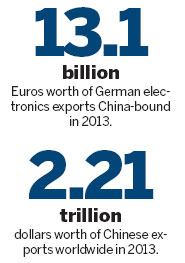Source: TechCrunch
Apple has a new patent published by the USPTO today (via AppleInsider), and this one is a result of its deal to acquire Nortel’s considerable trove of intellectual property with theRockstar consortium of tech companies. The patent describes a method for letting user listen in on, as well as interrupt and answer remotely hosted voicemail recordings.
Essentially, this is what old landline phones with physically attached answering machines used to make possible as a standard feature: you receive a call, let it go to the machine, listen to part of the message being left and then can decide whether to let the caller finish, or whether to interrupt, pick up the phone and talk to them live. This patent, however, applies to remotely hosted voicemail services, and can apply to cellular voicemail services, in theory.
It’s sort of a strange tech advancement to think of for cellular devices, as it’s actually a legacy telephony feature, but it could also potentially be very useful to end users as another way to control their inbound communications. Call screening is often now limited to checking the incoming number or caller ID before deciding to answer, and adding the ability to check out voicemails as they’re being left definitely adds an additional degree of call control.
Again, this is a patent resulting from an acquisition, and not one that Apple itself has invented, but it’s still interesting to see which IP from the deal Apple is scooping up and using to bolster its own portfolio, rather than just as part of the larger legal resource aims of the Rockstar pool in general.



